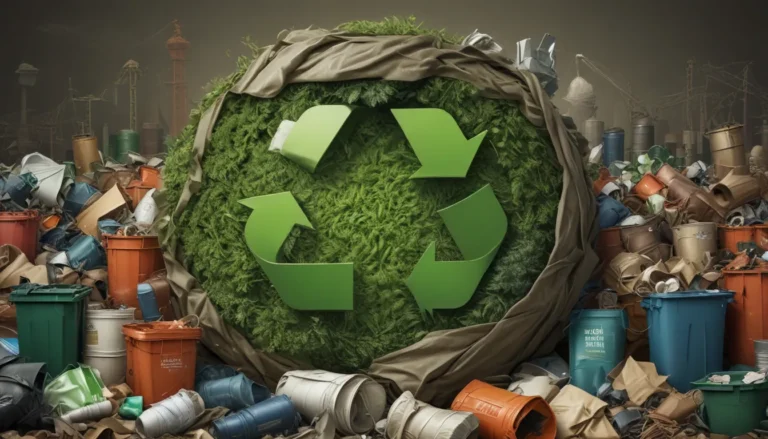A Note About Images: The images used in our articles are for illustration purposes only and may not exactly match the content. They are meant to engage readers, but the text should be relied upon for accurate information.
Water scarcity and management are critical issues affecting communities worldwide. With the growing population and the challenges posed by climate change, ensuring access to clean and sufficient water has become a global priority. In this article, we will delve into eight essential facts about water scarcity and management to shed light on the severity of the problem and the need for effective solutions.
The Impact of Water Scarcity
Water scarcity affects over 2 billion people globally, highlighting the urgent need for sustainable water management. By 2025, two-thirds of the world’s population could face water scarcity, underlining the importance of addressing this issue promptly. Excessive water usage in agriculture, which accounts for about 70% of global freshwater usage, intensifies water scarcity and exacerbates the situation.
The Need for Proper Wastewater Treatment
More than 80% of wastewater worldwide is released into the environment without adequate treatment, leading to water pollution and worsening water scarcity. Proper wastewater treatment is crucial for preserving water resources and ensuring access to clean water for all. It is essential to invest in wastewater treatment infrastructure to safeguard water quality and availability.
The Role of Climate Change
Climate change poses significant challenges to water resources by intensifying water scarcity. Rising temperatures, changing rainfall patterns, and increased droughts strain water supplies, necessitating resilient water management strategies. Integrated water management practices that focus on conservation, sustainable water use in agriculture, and efficient infrastructure are key to mitigating the impacts of climate change on water scarcity.
Addressing Water Scarcity Challenges
Water scarcity contributes to conflicts and social unrest in certain regions, highlighting the need for effective water management and equitable distribution. Inefficient infrastructure and water loss exacerbate water scarcity, emphasizing the importance of maintaining and upgrading water systems. Developing proactive measures to address water scarcity and investing in sustainable water practices are vital steps toward securing water resources for future generations.
Sustainable Water Management Practices
Implementing sustainable water management practices is crucial in addressing water scarcity. Rainwater harvesting, wastewater recycling, and efficient irrigation systems help conserve water resources and reduce water waste. Individuals can contribute to water conservation by practicing mindful water usage, fixing leaks, and supporting water-conscious businesses and initiatives.
Organizations Working to Combat Water Scarcity
Several organizations, such as Water.org, World Vision, and Charity: Water, are dedicated to providing clean water and improving water access in underserved communities. Supporting these organizations and their initiatives is essential in addressing water scarcity and ensuring access to clean water for all.
FAQs: Addressing Common Concerns
- What is water scarcity? Water scarcity refers to the lack of access to clean and safe water for drinking, sanitation, and daily use.
- How many people are affected by water scarcity? Approximately 2.2 billion people worldwide lack access to safe drinking water.
- What are the impacts of water scarcity? Water scarcity has far-reaching impacts on human health, agriculture, and ecosystems, leading to waterborne diseases, food insecurity, and conflicts over water resources.
- How can we address water scarcity? Implementing sustainable water practices, investing in water infrastructure, raising awareness, and supporting water conservation initiatives are essential in addressing water scarcity.
- Are there any organizations working to combat water scarcity? Yes, organizations such as Water.org, World Vision, and Charity: Water are dedicated to providing clean water and improving water access in underserved communities.
- How can individuals contribute to water conservation? Individuals can contribute to water conservation by practicing mindful water usage, fixing leaks, reducing water waste, and supporting water-conscious businesses and initiatives.
- Is water scarcity a solvable problem? Yes, water scarcity is a solvable problem. By implementing sustainable practices and prioritizing water conservation, we can ensure a more secure and sustainable water future.
Conclusion
In conclusion, water scarcity and management are pressing global issues that require immediate attention and action. By understanding the facts surrounding water scarcity and adopting sustainable water practices, we can work together to address this challenge effectively. It is essential to prioritize water conservation, invest in water infrastructure, and support organizations dedicated to providing clean water to ensure a secure water future for generations to come. Let’s work collaboratively to safeguard water resources and promote water sustainability for a better future.






